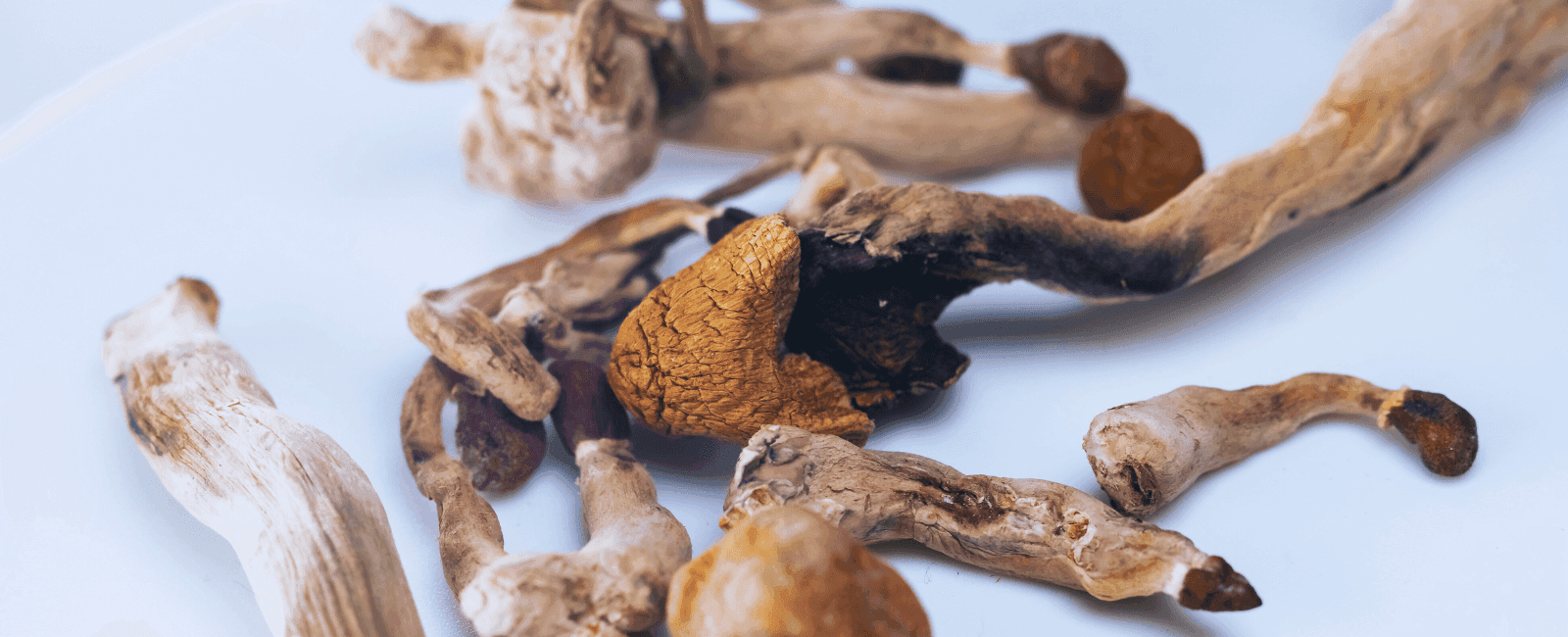

Psilocybin is well-known for its potential role in influencing mood and even treating psychiatric disorders like depression, anxiety, and PTSD. However, a recent study has discovered that the application of psilocybin may extend beyond mental health. Researchers from the University of Lethbridge in Canada have uncovered that psilocybin could also play a significant role in type 2 diabetes management, particularly by impacting the health and functionality of pancreatic β-cells. The study highlights how psilocybin can possibly influence these cells, which are vital for insulin production and blood sugar regulation.
How psilocybin might influence diabetes intervention
β-cells, or beta cells, are a type of pancreatic cell that makes insulin, a hormone responsible for controlling glucose levels in the blood. As type 2 diabetes advances, the number and function of β-cells can progressively decline, leading to inadequate insulin production and impaired blood glucose regulation.
Serotonin is regarded as an essential regulator of β-cell growth and insulin secretion. When serotonin binds to β-cell receptors, it can stimulate them to grow and divide, increasing their population and enhancing the body’s ability to produce insulin. Serotonin has also been found to influence insulin secretion, which ensures that insulin is released into the bloodstream in appropriate amounts in response to changing blood glucose levels.
Psychedelic compounds like psilocybin engage with various serotonin receptors and their subtypes distributed across the brain. These interactions are not limited to the brain but also occur in other parts of the body, including the pancreas, where they can have significant effects on β-cells. By acting upon the serotonin receptors in β-cells, psilocybin might mimic similar effects, potentially promoting β-cell growth and improving their functionality.
Findings from the study showed that psilocybin could protect β-cells from damage caused by high sugar and fat conditions, which are common in type 2 diabetes. The psychedelic substance appeared to reduce cell death and help maintain the cell’s ability to function. Additionally, psilocybin appears to influence the expression of genes associated with β-cell dedifferentiation – when mature β-cells revert to a more primitive and less functional state. This potential mitigation might help maintain the β-cell’s ability to produce and secrete insulin effectively (1).
Future implications
According to the International Diabetes Federation, by 2030, the amount of people with diabetes is expected to increase to around 643 globally. While current medications may help lower blood sugar levels and manage the disease, the prospective role of psilocybin offers a new avenue for therapeutic research.
Despite the positive preliminary results of the study, there was not enough evidence to clearly demonstrate psilocybin’s role in improving insulin secretion when blood sugar levels are elevated. So, while psilocybin may be beneficial for keeping β-cells healthy, more research will be needed to fully understand its therapeutic capabilities in diabetes management. Nonetheless, the potential of psilocybin on β-cell dedifferentiation opens up more opportunities for further exploration and could lead to a novel treatment that not only addresses the symptoms of diabetes but also β-cell dysfunction, which is one of its underlying causes.
References
- Esmaeel Ghasemi Gojani, Bo Wang, Dong-Ping Li, Olga Kovalchuk, and Igor Kovalchuk. 2024. “The Impact of Psilocybin on High Glucose/Lipid-Induced Changes in INS-1 Cell Viability and Dedifferentiation.” Genes 15 (2): 183–83. https://doi.org/10.3390/genes15020183.


